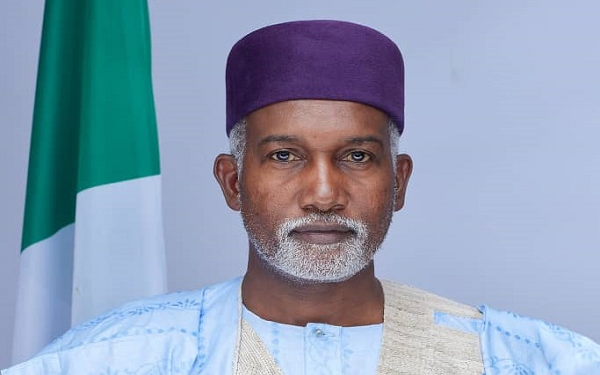Nigeria’s Minister of Foreign Affairs, Ambassador Yusuf Tuggar, has voiced strong opposition to reported plans by the United States to impose comprehensive visa restrictions across all Economic Community of West African States member countries, warning that such measures would severely damage trade relations and regional development prospects.
Speaking at the opening of the 54th Ordinary Session of the ECOWAS Mediation and Security Council in Abuja on Wednesday, Tuggar, who also chairs the regional body’s security council, characterized the potential restrictions as both diplomatically damaging and economically shortsighted.
“It would be most unfortunate if it comes to pass, because we are a region of opportunities ready to do deals,” Tuggar declared. “We would like to do deals with the US, but visa restrictions are non-tariff barriers to deals.”
The minister’s comments come amid reports that the Trump administration is considering travel bans targeting multiple African nations, including all ECOWAS member states, over concerns about document verification and identity management systems. According to leaked memoranda, countries including Nigeria, Ghana, Senegal, and Côte d’Ivoire are under scrutiny for allegedly failing to meet new State Department benchmarks.
The proposed policy reportedly stems from concerns about the lack of “competent or cooperative central government authority to produce reliable identity documents” and widespread fraud in documentation processes. Affected nations have been given a 60-day compliance window to address these concerns or face potential visa restrictions.
Tuggar emphasized that ECOWAS represents a region rich in natural resources and economic potential, making the proposed restrictions particularly counterproductive for US interests. He highlighted the strategic importance of West Africa’s mineral wealth, including rare earth elements crucial for modern technology.
“We possess critical minerals and even rare earths such as Samarium from the Monazite found in my home State of Bauchi,” the minister noted. “We in this part of the world are students of the Art of the Deal and have been part of the international trading system even before the modern state system.”
The foreign minister positioned ECOWAS nations as viable alternatives to other global partners, particularly in the energy sector, suggesting that visa restrictions would limit America’s access to these strategic resources and partnerships.
“ECOWAS countries and the US have a rare opportunity to create a partnership based on principles of need. We are also a strategic alternative to more distant and politically divergent energy producers,” Tuggar stated.
He framed the issue as a matter of economic pragmatism, suggesting that regional leaders are prepared to pursue partnerships with countries that facilitate legitimate business and diplomatic travel.
“We will do deals for our prosperity; the only question is with whom? Who takes up the opportunities in our region by allowing government officials and technocrats, business executives and entrepreneurs to travel freely back and forth to close the deals?” Tuggar questioned.
The minister’s remarks reflect growing concern among ECOWAS leadership about the potential impact of sweeping visa restrictions on regional cooperation and foreign investment. The proposed measures could affect diplomatic relations, business partnerships, and educational exchanges between West African nations and the United States.
Regional leaders fear that blanket restrictions could undermine years of diplomatic efforts to strengthen ties with the United States and potentially drive ECOWAS countries toward alternative partnerships with other global powers. The policy could also complicate ongoing regional security cooperation and counterterrorism efforts where US-West African collaboration has been significant.
The controversy highlights broader tensions between immigration security concerns and economic diplomacy, with ECOWAS officials arguing that the proposed restrictions would harm American interests while failing to address legitimate security concerns through more targeted measures.
As the 60-day compliance period progresses, ECOWAS member states are likely to intensify diplomatic efforts to address US concerns while advocating for policies that preserve the flow of legitimate business and diplomatic travel essential for regional economic development.



















